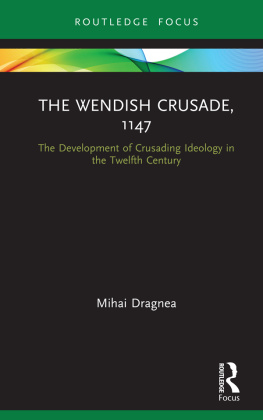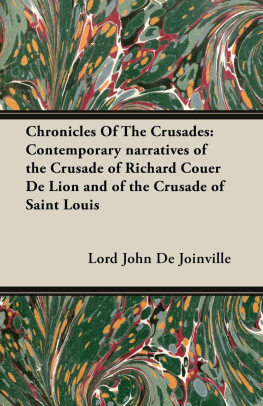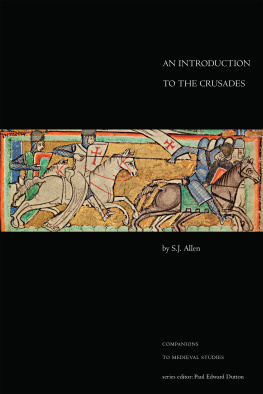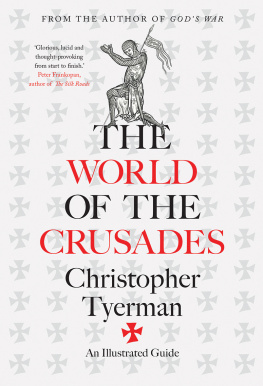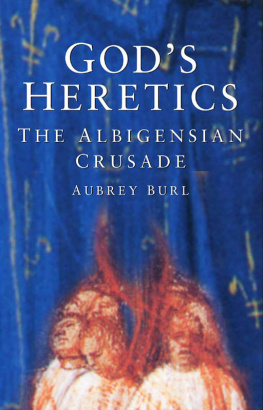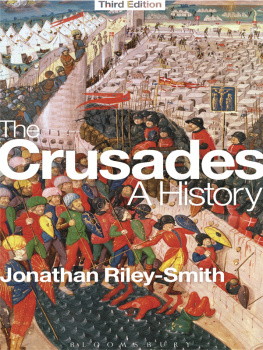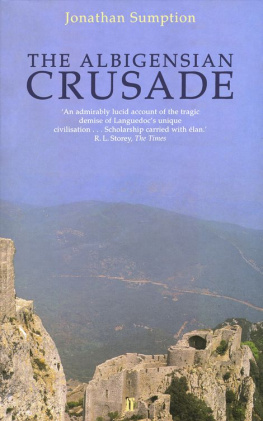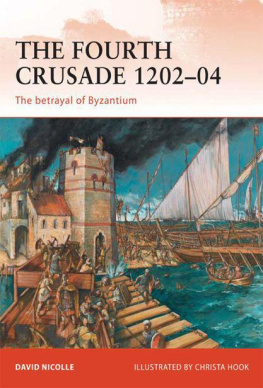The Wendish Crusade, 1147
The Wendish Crusade of 1147, one of the Northern Crusades and a part of the Second Crusade, took place at a critical phase in the evolution of crusading rhetoric. The initiators and apologists of the campaign employed rhetorical devices to justify the occupation of a region and conversion of a population under the auspices of a crusade. A detailed examination of the primary sources shows that the justification of a crusade against apostates was not only a German endeavour, or the popes will, but a political reality of the twelfth century. Therefore, the attitude of the papacy is shown to be reactive rather than proactive.
Mihai Dragnea completed his doctoral research at the Romanian Academy (Nicolae Iorga Institute of History). The thesis entitled Mission and Crusade in the Wendish Territory, 12th Century was published in Romanian in 2019. His research interests include the relations between Germans and Wends during the High Middle Ages, with a focus on crusading and conversion. He is the current President of the Balkan History Association.
The Wendish Crusade, 1147
The Development of Crusading Ideology in the Twelfth Century
Mihai Dragnea
First published 2020
by Routledge
2 Park Square, Milton Park, Abingdon, Oxon OX14 4RN
and by Routledge
52 Vanderbilt Avenue, New York, NY 10017
Routledge is an imprint of the Taylor & Francis Group, an informa business
2020 Mihai Dragnea
The right of Mihai Dragnea to be identified as author of this work has been asserted by him in accordance with sections 77 and 78 of the Copyright, Designs and Patents Act 1988.
All rights reserved. No part of this book may be reprinted or reproduced or utilised in any form or by any electronic, mechanical, or other means, now known or hereafter invented, including photocopying and recording, or in any information storage or retrieval system, without permission in writing from the publishers.
Trademark notice: Product or corporate names may be trademarks or registered trademarks, and are used only for identification and explanation without intent to infringe.
British Library Cataloguing-in-Publication Data
A catalogue record for this book is available from the British Library
Library of Congress Cataloging-in-Publication Data
CIP data for this book has been requested.
ISBN: 978-0-367-36696-4 (hbk)
ISBN: 978-0-429-35084-9 (ebk)
Typeset in Times New Roman
by Newgen Publishing UK
Contents
The medieval crusades in the Baltic during the twelfth century have received increasing scholarly interest during recent years, and research has changed significantly. New questions, new perspectives, new contexts and new academic traditions have been applied in the interpretation of sources of which the great majority have been known for a very long time.
Much research in the twentieth century had strong nationalistic agendas, expressed openly or as an undertone that coloured the analyses and favoured some historical agents at the expense of others. German and Polish historians had often strikingly different understandings of the crusades and their justification, and Soviet historiography in the USSR and in the Baltic states could describe the crusades in the Baltic as Western aggression solely for political and economic reasons.
The great political changes around 1990 and the independence of the Baltic states led to a renewed interest in the medieval history and in these areas incorporation into a common European culture, but also to attempts to understand violence and warfare as caused not only by material but also by ideological concerns. War for values and not only to secure political independence was discussed in military academies and among political decision makers, with repercussions and reflections also in historical research.
Were crusaders from Germany and Scandinavia fighting only to gain more land and tribute, or were they motivated by a desire to convert infidels to Christianity? Was there a contradiction between converting with peaceful preaching and with sharp swords, or were the two methods applied simultaneously? Were crusaders driven by other strong emotions, such as an urge to take revenge on infidels, and to what extent did crusaders care about the regulations and prescriptions of the Church and ecclesiastical theoreticians?
These are some of the important questions raised in this book by Dr Mihai Dragnea, who treats the Baltic crusades in a broader context. The specific course of events was not only dependent upon political circumstances in the lands around the Baltic Sea, but also on the crusading movement in general. And important theological discussions about the use of force in conversion were raised first in the Baltic, but the results were applied very fast in other crusading areas far away from the north.
Dr Kurt Villads Jensen
Centre for Medieval Studies, Stockholm University
| BRG | Bibliotheca Rerum Germanicarum |
| CIC | Corpus Iuris Canonici |
| MGH | Monumenta Germaniae Historica |
| Subdivided by series: |
| SS | Scriptores |
| SRG | Scriptores Rerum Germanicarum |
| PL | Patrologia Latina |
Our main question is how to justify a crusade that did not aim at recovering the Holy Land, but to conquer a region where the Christian presence was temporary. This study addresses the discussions about the relation between warfare and ideology. The initiators of the Saxon expedition against the Wends and later apologists employed moral and legal arguments to justify the conquest of a region under the auspices of a crusade. Therefore in this study we will focus on the evolution of crusading ideology and practice according to political contexts in twelfth-century Germany.
The chief instigator of the Second Crusade was the Cistercian abbot Bernard of Clairvaux, who tried to define the Saxon campaign across the Elbe as part of a great battle against all the enemies of Christendom. The crusade was called by Pope Eugene III as a response to the fall of the County of Edessa in 1144. Therefore Bernard recruited first the French King Louis VII and then the German King Conrad III to raise an army and reconquer Edessa from the Muslims. The Saxon nobles refused to participate and received papal authorization to organize a military campaign against the Wends.
In determining why the Saxons refused to march to the Holy Land, it is first necessary to place these events in a broader political context. We must therefore look at the men who led the campaign and their greedy desire to grab Wendish land instead of crusading in the Holy Land. In other words, the Saxon nobles were interested more in conquering land than winning souls. Accordingly, we must understand that for the Saxon nobility, the acquisition of land played an essential role in motivating knights to go on crusade and not to follow the opportunity for spiritual rewards in the Holy Land. Thus for the Saxons, a unity of purpose created by material and spiritual rewards does not match the reality of the situation.

